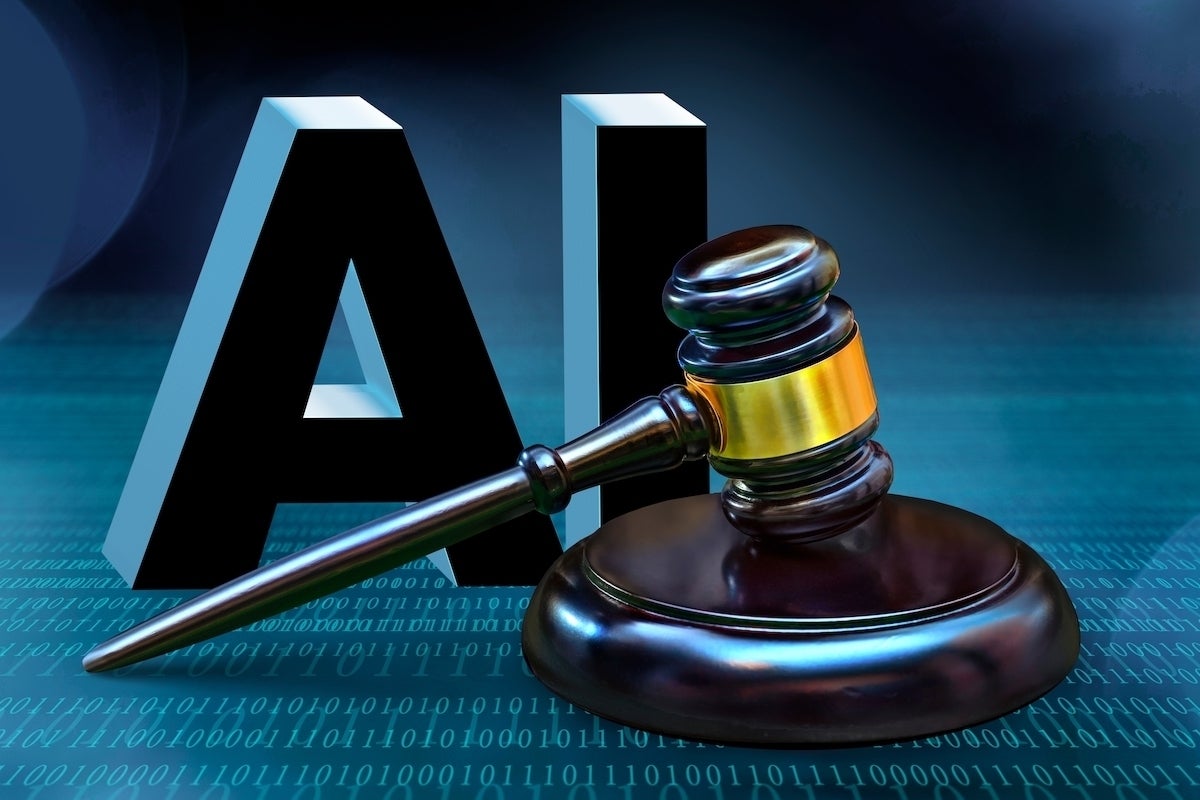The UK’s highest court ruled today that artificial intelligence systems can’t be the official holder of a patent, echoing legal trends elsewhere in the Western world and highlighting the legal issues still to come for the burgeoning field of generative AI.
The UK Supreme Court’s ruling, in Thaler v. Comptroller-General of Patents, Designs and Trade Marks, carefully marked out the limitations of the decision, saying that the appeal is “not concerned with the broader question of whether technical advances generated by machines acting autonomously and powered by AI should be patentable.” The ruling, instead, focused only on whether the patent office could grant a patent to an AI systems per se. In this case the AI was DABUS, developed by Stephen Thaler, the president and CEO of Imagination Engines.
The court’s decision turned on three issues. The first was the meaning of the term “inventor” as applied to the UK’s 1977 Patents Act, which the court said is limited to a “natural person,” and that “no suggestion that inventor may be a machine” could be found in the relevant law. The second was whether Thaler had the right to file patent applications on the basis of his ownership of DABUS, which also failed on the same grounds – DABUS cannot be considered “an inventor” under UK law. Finally, the court addressed whether the Comptroller’s office was right to consider that the applications were withdrawn because Thaler did not identify anyone as the inventor of the inventions, which, again, was upheld on the grounds that UK law doesn’t consider DABUS a person.
The decision did note, however, that if Thaler had approached the matter differently – calling himself the inventor of the patents in question, and describing the AI as “a highly sophisticated tool” – the outcome may well have been different. Thaler, however, was rigorous in his claim that DABUS, not he, was the inventor. He has asserted that DABUS “is a sentient being,” according to a report from Bloomberg.
The decision is squarely in line with jurisprudence elsewhere in the Western world. The US Copyright Office has said that human authorship is required for copyright to exist on a work, and no legislative or regulatory efforts are underway to change that state of affairs. EU copyright law, similarly, requires a “guiding human hand” in order to claim copyright over a work.
2023-12-24 04:00:04
Article from www.computerworld.com
